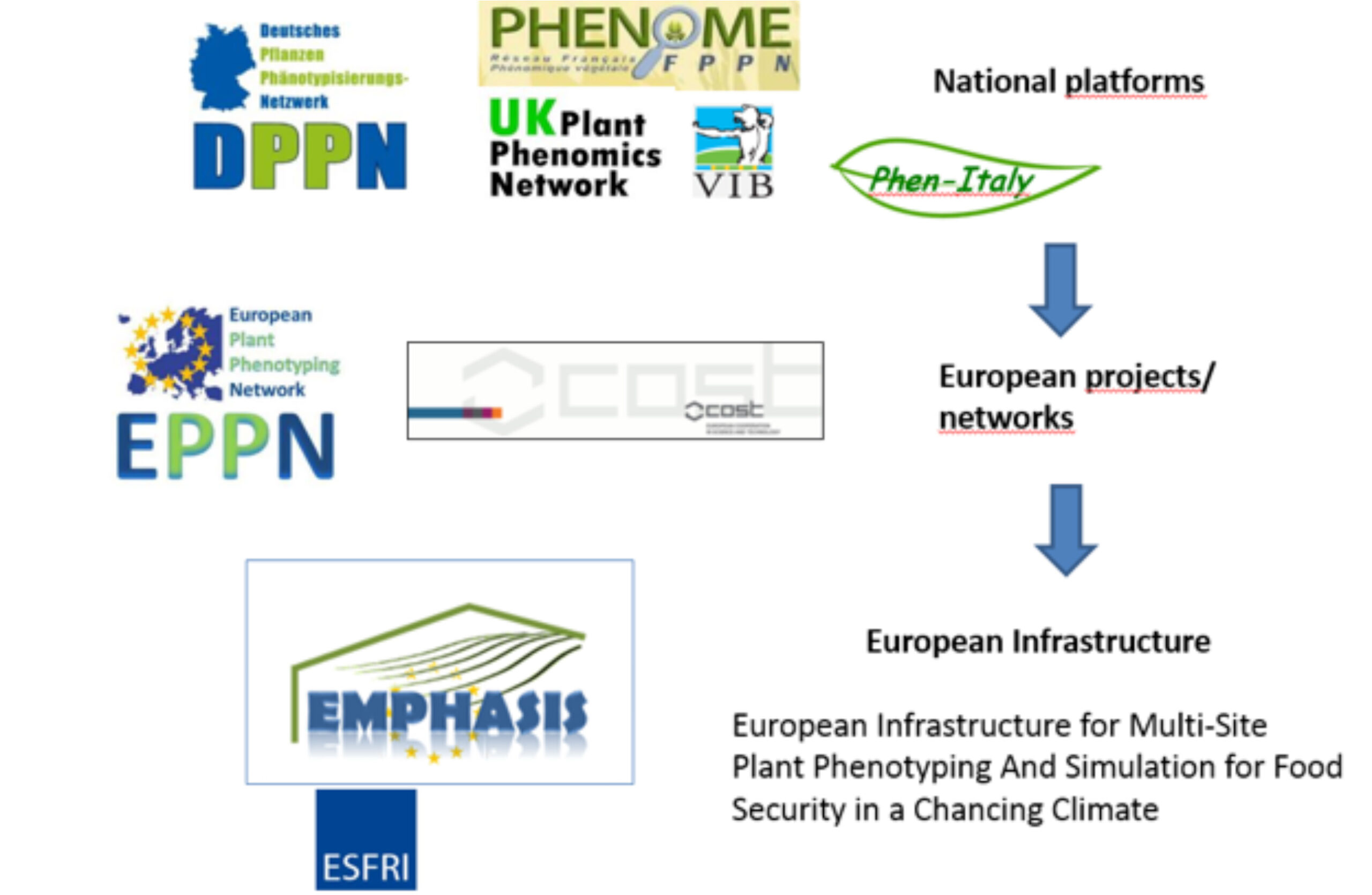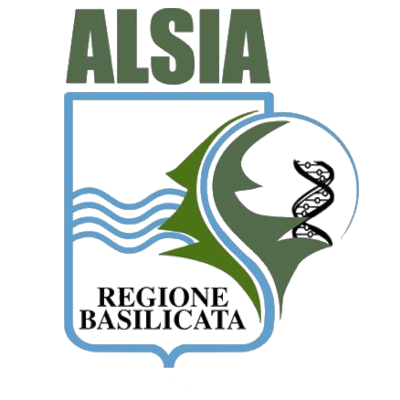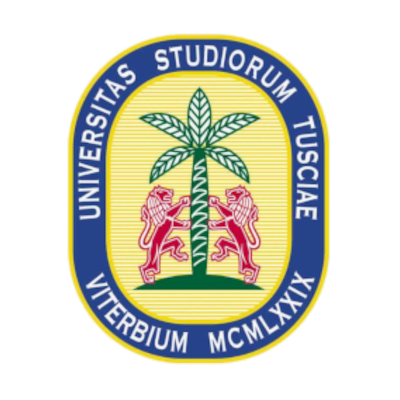Phen-Italy
The Italian Plant Phenotyping Network. Facilities to study the interaction between the genotype, the environment, and the management
The Italian Node of EMPHASIS
Phen-Italy, officially known as the Italian Plant Phenotyping Joint Research Unit (JRU), is coordinated by the National Research Council (CNR) in collaboration with ALSIA. It brings together several universities, public research institutions, and public-private consortia, forming a national network dedicated to advancing plant phenotyping research and infrastructure in Italy.
Phen-Italy serves as the national reference point for the European research infrastructure EMPHASIS (European Infrastructure for Multi-scale Plant Phenotyping And Simulation for Food and Security in Changing Climate), part of the ESFRI roadmap. EMPHASIS aims to develop and implement advanced phenotyping platforms that are accessible to the entire European scientific community, supporting research in sustainable agriculture and food security under changing climate conditions.
Phen-Italy’s mission is to foster collaboration among research groups working on high-throughput plant phenotyping, especially for crops relevant to the agri-food sector. It provides access to the only high-throughput phenotyping infrastructure available in Italy and Southern Europe, as well as the region’s only aerial fleet dedicated to remote sensing of agroecosystems.
Partner Involved
Latest News and Updates
Ongoing Projects
PHEN-ITALY actively participates in the construction of networking of joint infrastructures

Research Activities
By systematizing national expertise and infrastructure, Phen-Italy plays a crucial role in supporting the Italian and European scientific communities in addressing the challenges of modern agriculture and climate resilience
Contact Us
Contact us to find out how Phen-Italy can support your research in the field of plant phenotyping. We are here to answer all your questions and collaborate on innovative projects that address the challenges of modern agriculture.
Plant Species
- Tomato
- Wheat
- Arabidopsis
- Soybean
Growth conditions and stresses
- drought resistance
- germplasm characterization
- nutrients deprivation
Plant organs
- Shoots
- Whole plant
- Spikes (wheat)
Scientific and technological expertise
- Imaging technologies
- Plant physiology
- Electronic sensor systems
- Agricultural biology
- Remote sensing
- Precision and personalized agriculture
- Development of new in vivo sensors
Some examples of the phenotyping studies already performed
- Investigate how the interaction with beneficial soil microorganisms (i.e. Trichoderma spp.) influences plant growth, architecture and morphology at the shoot and root level.
- Measure photosynthetic performance under control and stress conditions ( Species: Solanum lycopersicum L.).
- Quantify differences in physiological performances under drought and salt stress conditions of mutants and traditional landraces. (Species:Solanum lycopersicum L.).
- Evaluate growth, geometry profile and physiological status of mutants for epigenetic regulators during development. (Species:Solanum lycopersicum L.).
- Phenotype screening by image analysis of a mutant tomato compared with the isogenic line (Species:Solanum lycopersicum L.).
- Characterization of wheat genotypes in the Single seed descent (SSD) collection subjected to water stress, with high-yield methods (Species: Triticum durum Desf.)
















